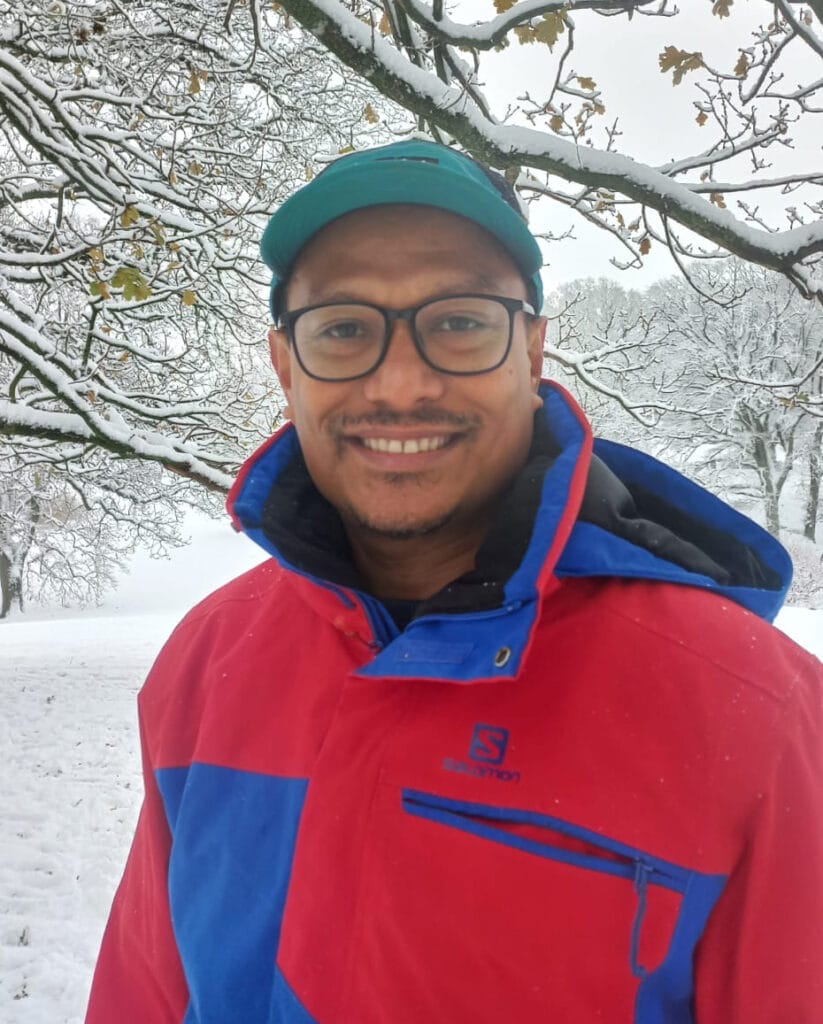CHSS fellow Hatib A. Kadir has article published in
Settler Colonial Studies Journal
Congratulations!

We are glad to share news that one of our fellows, Hatib A. Kadir, had his article “Frontier Sands: Settler Colonialism, Resource Extraction, and Indigenous Dispossession in Sorong, West Papua”, co-authored with Bustamin Wahid, published in Settler Colonial Studies. journal (Scopus). It can be accessed here: https://doi.org/10.1080/2201473X.2025.2497601
Hatib A. Kadir
Affiliation: KITLV, Leiden, the Netherlands
Bio information: Hatib A. Kadir is an environmental humanities scholar whose research focuses on ecological crises in peripheral coastal regions of Eastern Indonesia, including Maluku and West Papua. Over the past seven years, he has explored the complex relationships between humans, non-humans, and environmental transformations amid the Anthropocene. His work critically examines how resource extraction, infrastructure development, political policies, settler colonialism, and invasive species drive ecological disruptions in these areas.
Hatib earned his Ph.D. in Anthropology from the University of California, Santa Cruz. He served as a postdoctoral fellow at Aarhus University’s Global Studies program, where he contributed to the Multispecies Intellectual History project.

Frontier sands: settler colonialism, resource extraction, and indigenous dispossession in Sorong, West Papua
Abstract:
This article asserts that the development of a West Papuan city’s infrastructure has occurred through an ongoing series of dispossession affecting Indigenous Papuans. These acts of dispossession manifest through various subtle, intimate, and familial channels. Consequently, those engaged in the construction of infrastructure encompass both low-wage settler workers seeking to salvage from a beleaguered capitalist system, and Indigenous Papuans who have suffered land losses. Through ongoing research in Sorong since 2021, we examine the pivotal role of sand quarries by focusing on four aspects. First, land ownership dispossession, specifically the Moi clan in Sorong city, experienced land dispossession. Second, Investigate the material aspects of sand and stone that become the basis for infrastructure establishment. Third, examining how settlers utilize kinship ties among Moi Indigenous Papuans to access land and sand resources. And Fourth depicting the Indigenous Papuans’ efforts to assert claims and control over sand quarries, forming a crucial part of strategies against the encroachment of Indonesian settler communities.
Citation:
Kadir, H. A., & Wahid, B. (2025). Frontier sands: settler colonialism, resource extraction, and indigenous dispossession in Sorong, West Papua. Settler Colonial Studies, 1–19. https://doi.org/10.1080/2201473X.2025.2497601